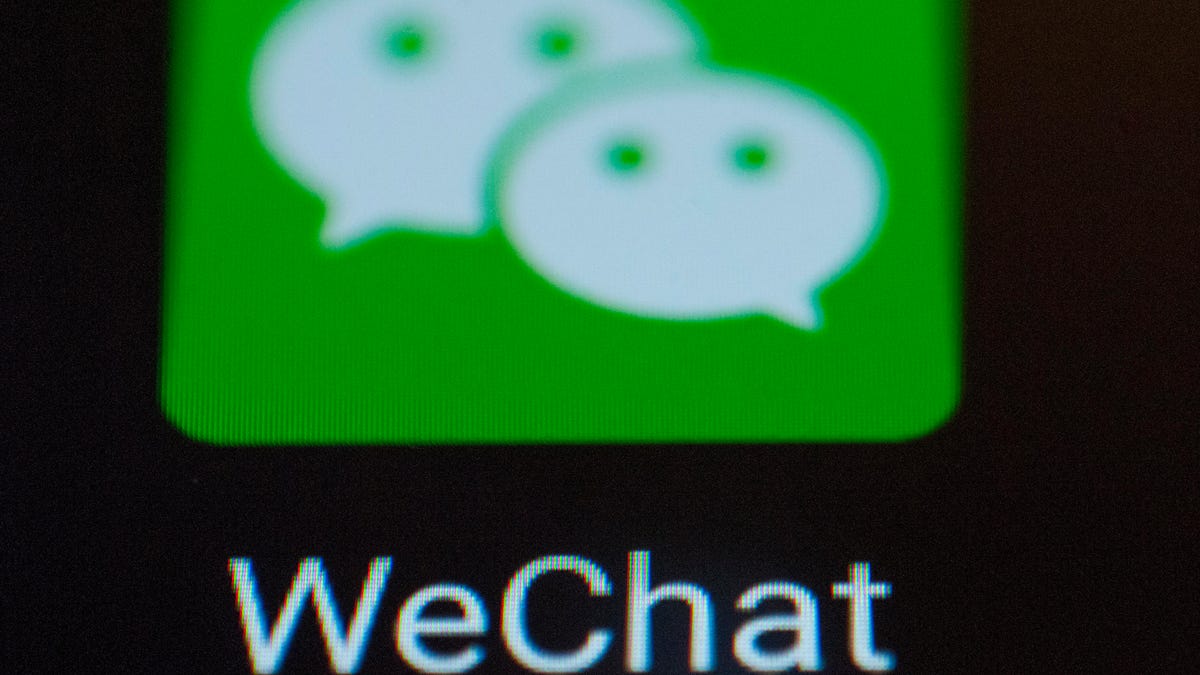Chinese WeChat app banned by Australia's Defence Department
The department has ruled against the app's use on officials' phones. Limited use of Facebook is allowed, according to the Australian Financial Review.

FBI Director Chris Wray said last month he didn't exactly trust products from Chinese telecom companies like Huawei and ZTE. Apparently, it's a suspicion shared by Australia's Defence Department.
WeChat, an instant messaging app that's huge in China, has been banned by the Defence Department, meaning it's not allowed on any official's phone, reports the Australian Finance Report. Facebook is allowed, while WhatsApp is in the middle of a security assessment, the publication added.
"Defence does not provide or support the use of unauthorised software, including the WeChat social media application, on Defence mobile devices," the department said to CNET in a statement.
It's likely related to data security fears within Australia. An October report from the Australian Security Intelligence Organisation warned Australia was the target of "espionage and foreign interference."
"Foreign intelligence services sought access to privileged and/or classified information," the report said, "on Australia's alliances and partnerships, our position on international diplomatic, economic and military issues, our energy and mineral resources, and our innovations in science and technology."
The FBI was concerned about US citizens using Huawei and ZTE products because it would let the companies' infrastructure arms gain influence within the country. "We're deeply concerned about the risks of allowing a company or entity that is beholden to foreign governments that don't share our values to gain positions of power inside our telecommunications networks," Wray said.

